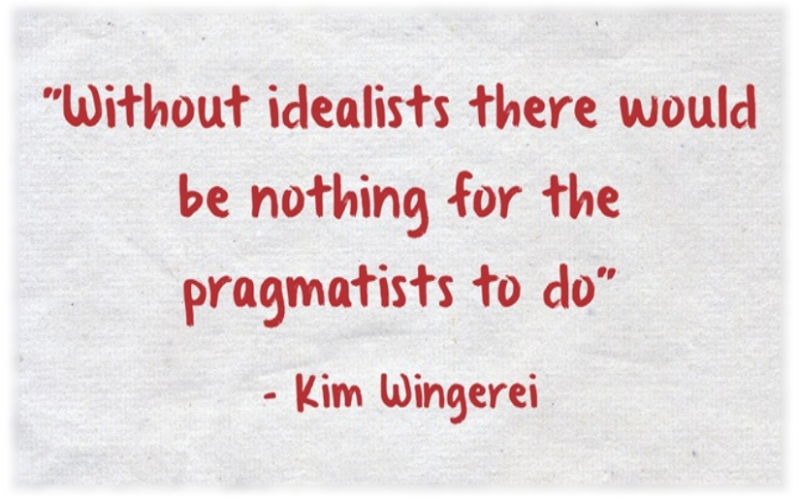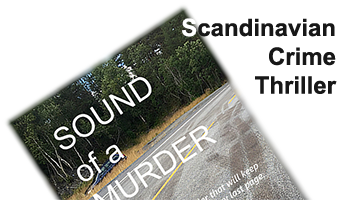The Only Thing That Is Constant Is Change – Heraclitus, Greek Philosopher
I make no excuses for being an idealist. I am an advocate for change, and all change starts with the idea that something can be done better or differently.
Ideas come from free and independent thought, from experience, from experimenting and from questioning the status quo. Ideas are borne on the uncertain wings of progress. Discovery can only happen based on the acceptance that what we see, what we think we know, what we hear, what we’ve learnt, may not be the whole truth – or indeed the truth at all.
Change is hard.
When the Italian astronomer and physicist Galileo published his evidence that the earth revolves around the sun, he was prosecuted for heresy. He was challenging the prevailing view that the earth was the centre of the universe. According to the Catholic Church that was against the scriptures and he was confined to house arrest until he repented. Galileo stayed indoors for the rest of his life. He, too, was an idealist.
I have no plans to be confined to quarters for the rest of my days, and fortunately the Catholic Church no longer has that power. But I recognise that change is hard for a lot of reasons.
In medieval Italy people were held ransom to the doctrines of the faith. In today’s world most of us may be less inclined to take the gospel as the only truth, but we remain constricted by convention, by what we believe in, what our neighbours think, what we read and watch on television, what we are told by authorities and what our mothers told us.
And change is confronting. It takes us out of our comfort zone, it may even mean we have to admit that we were wrong! It took me many years to accept that my understanding of Darwin’s evolutionary theories was fundamentally flawed, even though I used it often in debate. Contrary to popular belief, Darwin didn’t advocate survival of the fittest as the foundation of evolution. According to his actual text, “it is not the strongest of the species that survives, nor the most intelligent; it is the one that is most adaptable to change.”
Darwin was a botanist that became an idealist. Without idealists there would be nothing for the pragmatists to do. So when you read my thoughts on how I believe the world can become a better place, all I ask is that you keep an open mind.
In particular, the changes I introduce on my blog requires some fairly fundamental changes to legislation, including constitutional changes, difficult to achieve by design. But change we must. Our politicians are failing democracy for many reasons, the way we manage our resources is short sighted at best, grossly unfair at worst, and the very planet we live on is under enormous threat by climate change induced by the seeds of our prosperity, the industrial world itself.
Whether you are young or old, rich or poor, a realist or a pragmatist, an optimist or a pessimist, conservative or communist, I ask that you suspend your natural instinct of focusing on the how which is so often followed by can’t – and instead consider the possibilities rather than the obstacles.
A contrarian friend of mine likes to state that the world may well be round, but that is only because we observe it that way today. Tomorrow we may well see things differently.
My friend is not a ‘flat-earther’, nor am I, but it is only when we change that we can grow and see a world we never knew.
The only thing that is constant Is change…





But I can relate to all of this, though I am part idealist, part pragmatist. We cannot progress without hope as the guiding light. As the protagonist in The Handmaid’s Tale repeats, I won’t let the bastards grind me down.